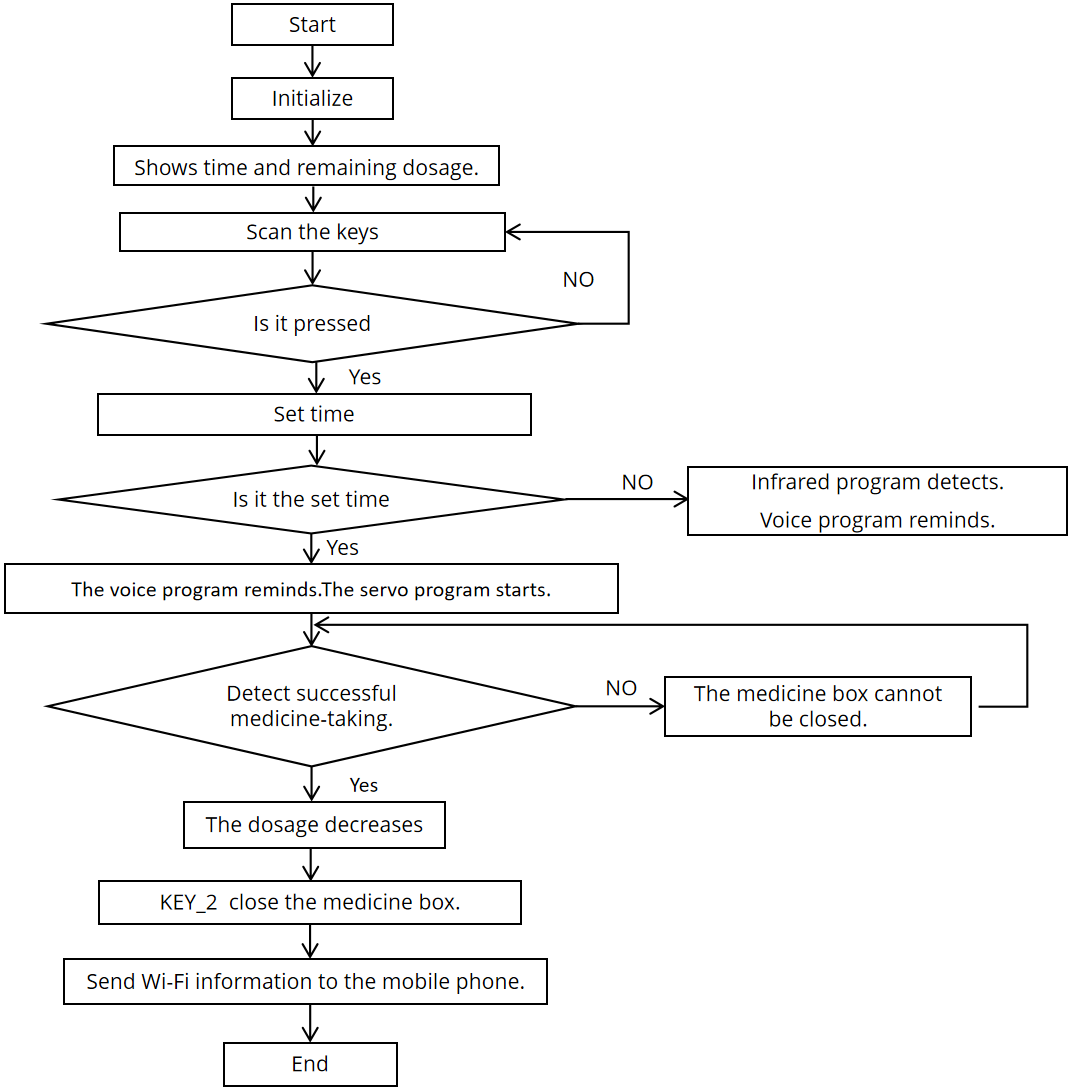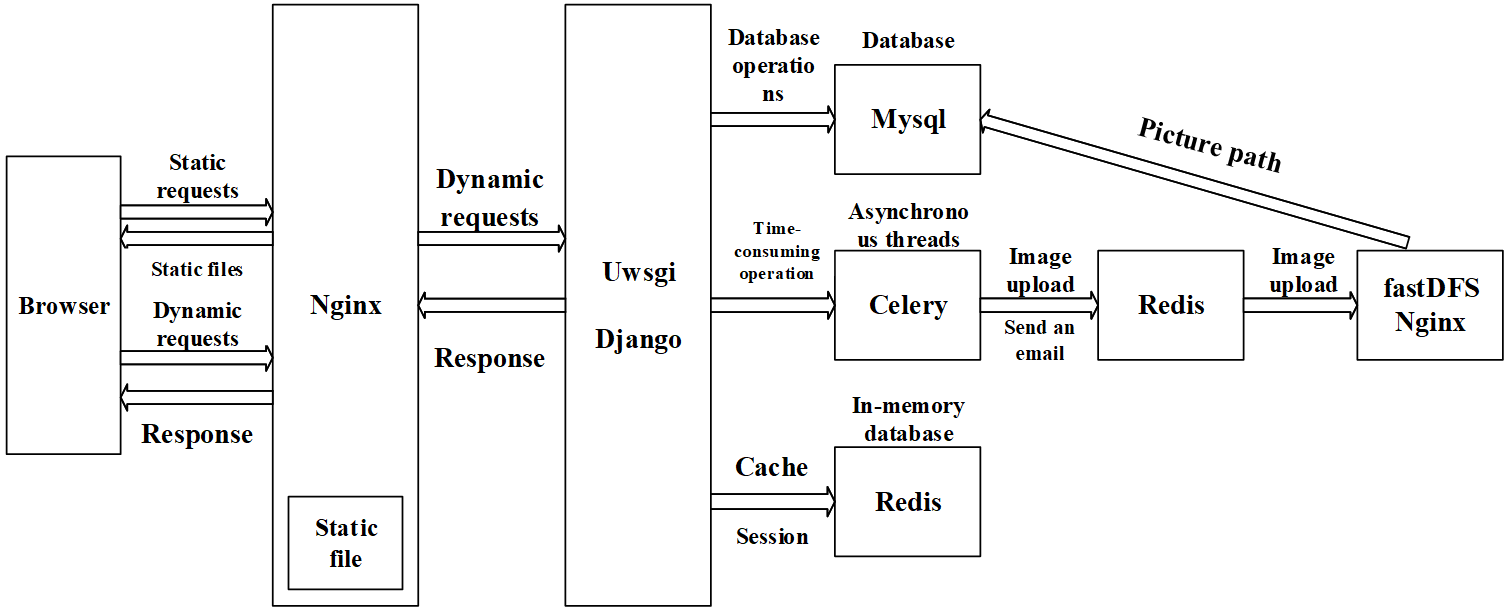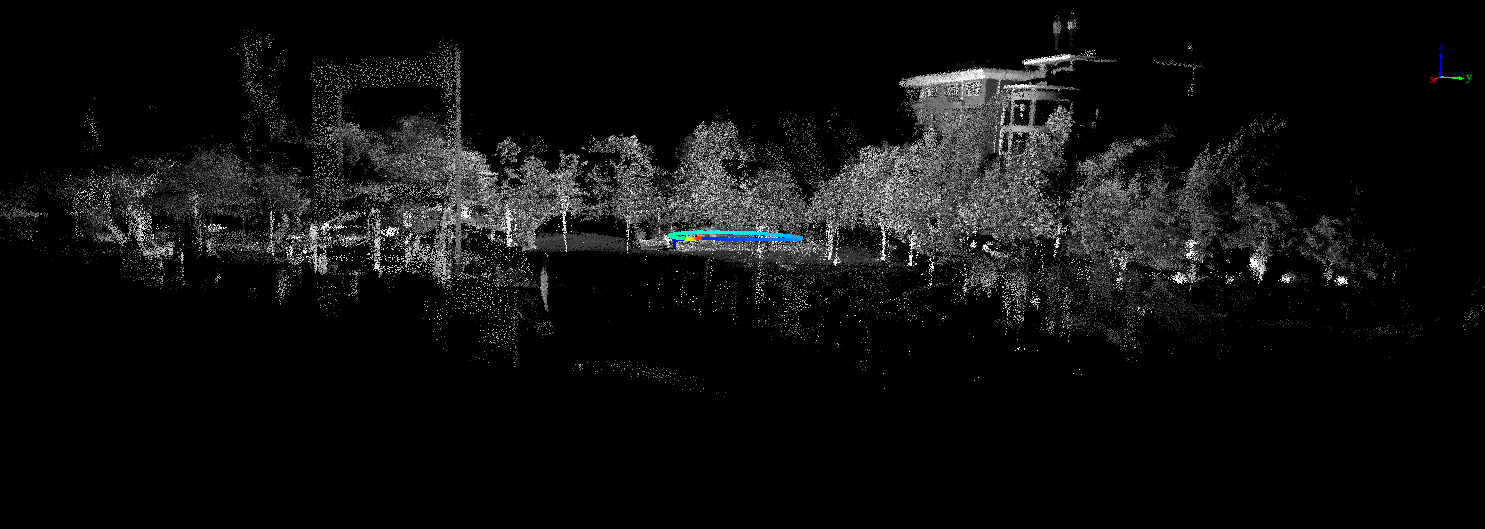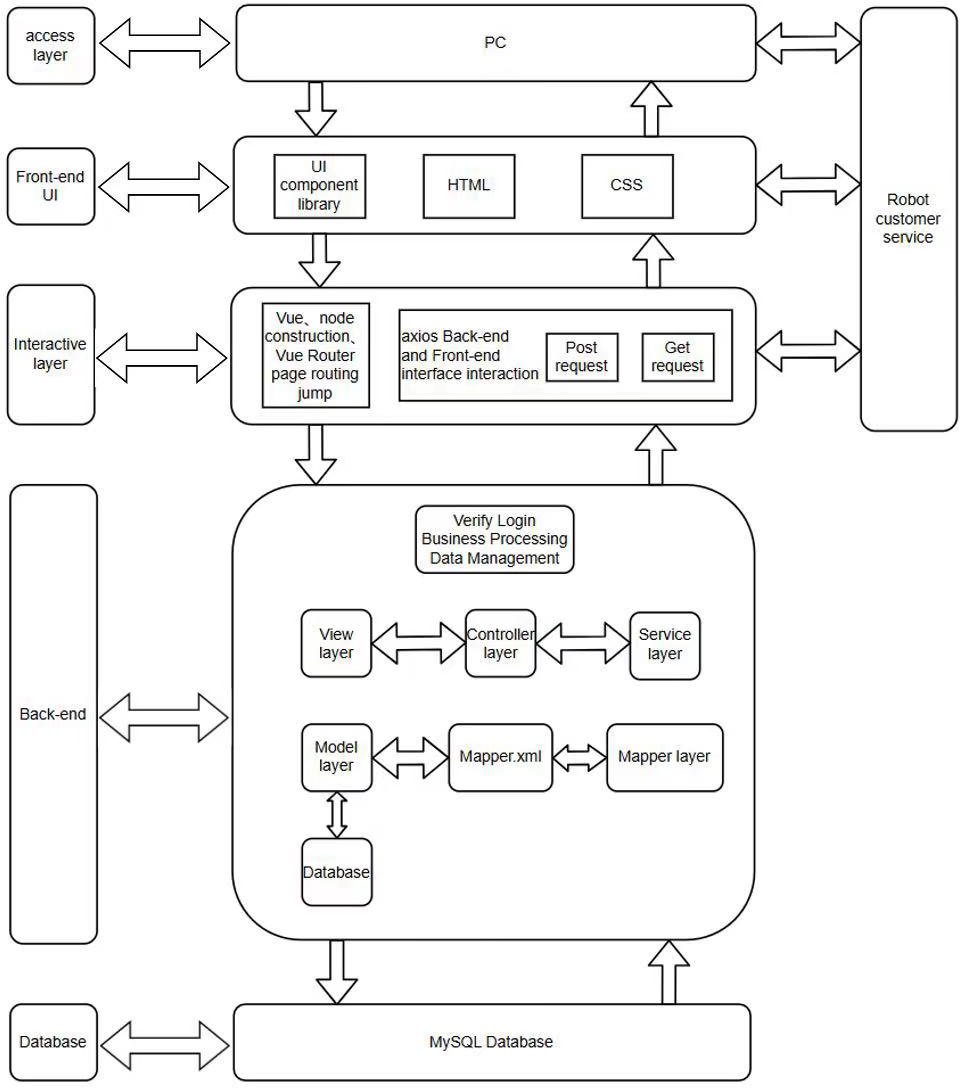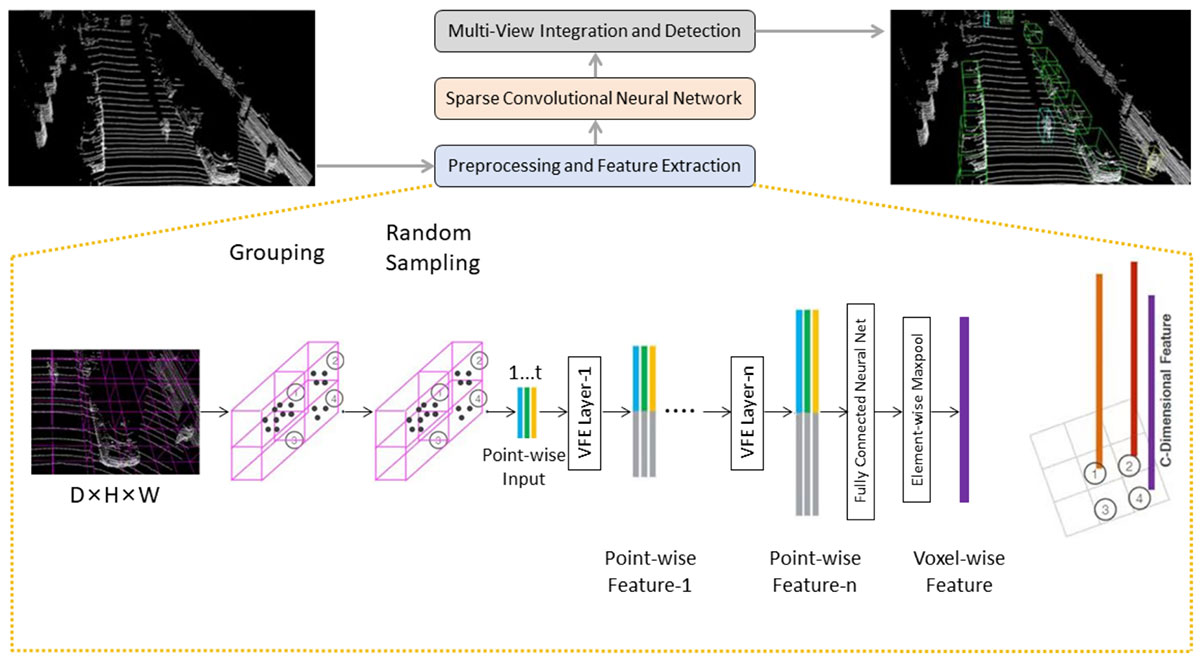IECE Transactions on Computer Science | Volume 2, Issue 1: 26-34, 2025 | DOI: 10.62762/TCS.2024.657367
Abstract
Since the 21st century, with the acceleration of people's life rhythm and the increasing number of patients with chronic diseases, taking medicine has become a part of their daily life. This system is based on the design of the smart pill box reminder system based on the single-chip microcomputer, using STM32F103C8T6 as the core of the smart pill box reminder system, which is composed of a button module, an OLED display module, an infrared detection module, a servo module, a clock module and a Wi-Fi module. As a setting module, the user can set the reminder time and dosage of the three pill boxes according to their needs. When the set time for taking medicine is reached, the user will be rem... More >
Graphical Abstract
